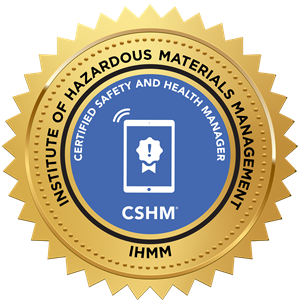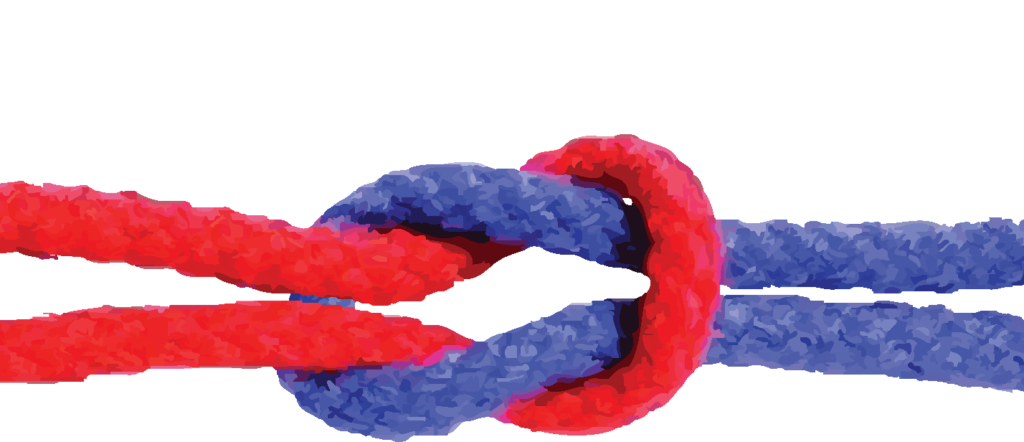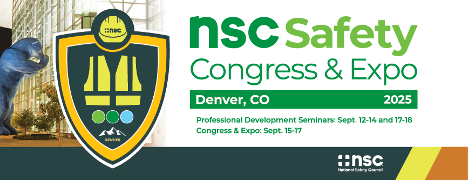Author - John McBride, SPHR, SHRM-SCP
"If you do not change direction, you may end up where you are heading." — Lao Tzu

Terrence "Terry" Seamon's weekly newsletter about career transition, leadership, and success
When career experts talk about making career transitions they often use the term "navigating." It's a good one for this process because navigating has these meanings:
- sail or travel over (a stretch of water or terrain), especially carefully or with difficulty."
- "plan and direct the route or course of a ship, aircraft, or other form of transportation, especially by using instruments or maps."
From my perspective, the most important keys to navigating a career transition are questions, including these:
- Who am I? Get very clear about your brand and value proposition. Also your interests and passions.
- What am I looking for? Develop a career objective(s) that you can share with others. Your career objective should include the role(s) you are looking for, as well as the organizations you have in your sights.
- What resources are available? First and foremost is one's network of relationships. You never know what (or Who) others may know. Next comes Groups. Then, your local public library.
- What obstacles are in my way? A good honest look at oneself is the way to start because the biggest obstacle may be You, in the form of limiting beliefs, fears, outdated skills, etc.
- What is my Plan B? Always be ready to fall back on another option(s) in case your main objective is stymied.
Three more points to consider on the ART of navigating change.
- Adaptability:
- This refers to the things we do, from day to day during a change journey, to adjust continuously to the ever-emerging surprises and challenges that a change-filled environment brings. On a change journey, every day brings something new to reckon with. Some new problem. Some unexpected difficulty
- What is this new challenge? What will it take to deal with it? What am I learning?
The more adaptable you are, the more you are learning as you go, the more likely you will accomplish the journey successfully.
Resilience: This refers to the things we do to maintain ourselves, particularly our health and well-being, as we are buffeted by the winds of change. Change can push you around. It can knock the wind out of you, even knock you down.
Can you get back up and go at it again?
This is your resilience, your ability to take the hits and come back stronger.
Transitioning: This refers to the journey itself that change requires of us. We would do well to understand the journey.
It starts with an Ending (as the great William Bridges taught us) where "the old way" must be released before anything new can have a chance of happening.
It then continues into the Wilderness where uncertainty reigns. Where our questions often receive no clear-cut answers...other than to keep on moving.
And, if we persevere, eventually it brings us to the New Beginning where what once seemed remote and impossible becomes the new reality.
Trust that your inner guidance system will lead you in the right direction.
"Learning to listen to our inner guidance is sure to keep us on the right path". - Vince Shifflett, critical care nurse and author
About the author: Terrence "Terry" Seamon has navigated the perilous waters of career transition several times and now he shares his knowhow with others.






